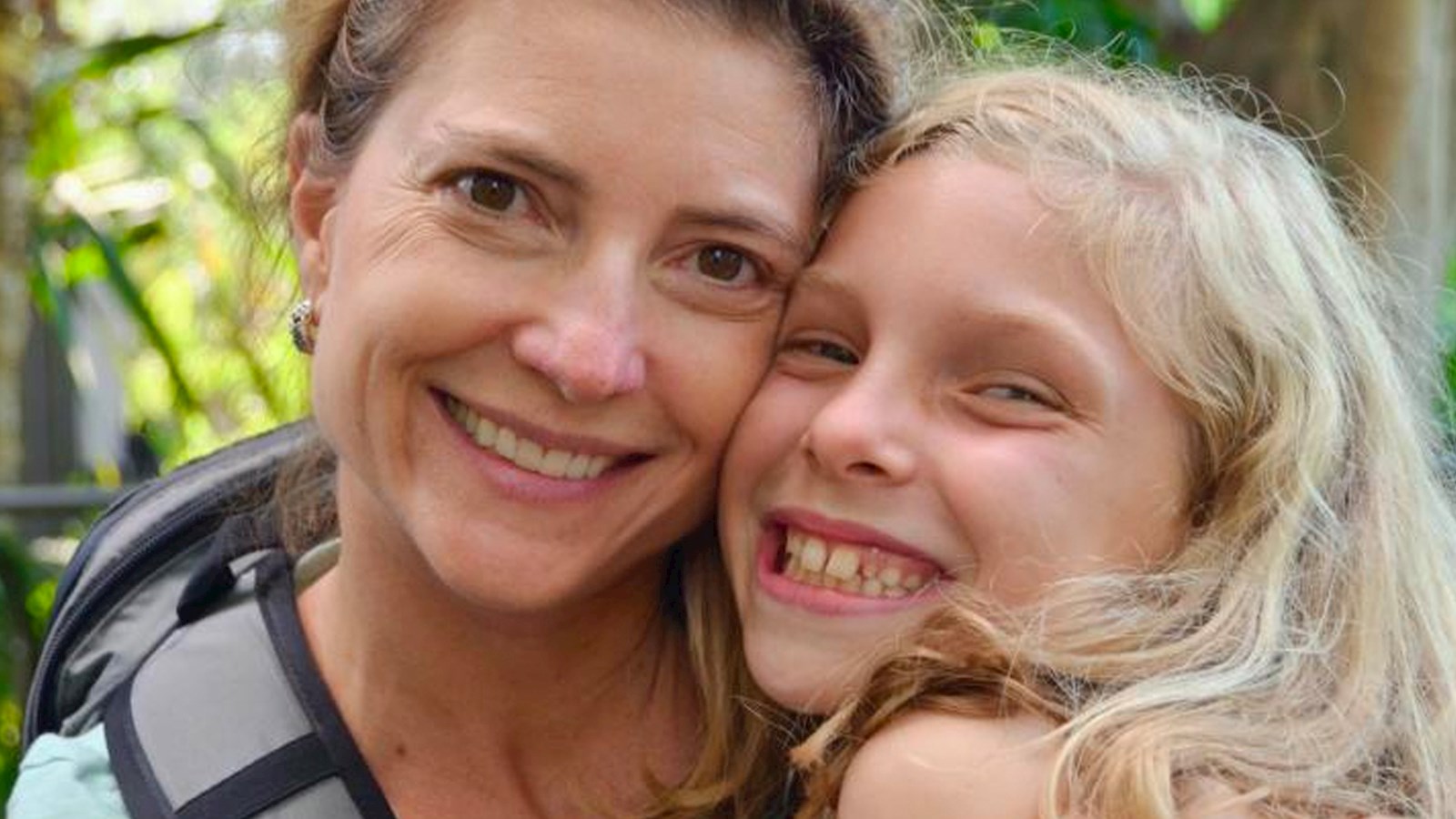
Ogilvy & Mindshare: Dove’s The Cost of Beauty

Ogilvy & Mindshare: Dove’s The Cost of Beauty
Driving awareness of the harmful impact of toxic online beauty content
The volume – and constant bombardment – of toxic beauty content on social media is causing young people to suffer. Three in five children experience a mental health issue as a consequence of toxic beauty content. Rates of depression, anxiety and self-injury surged in the early 2010s as social media platforms proliferated and expanded. The CDC reported suicide was the second leading cause of death amongst 10-34 years old in 2018. Toxic content on social media is fueling a mental health crisis.
So, Ogilvy and Dove told the story of Mary; a real girl who almost lost her life as a consequence of an eating disorder. However, they didn’t need to shoot her story; Mary already had. Using her own photos, videos and journal entries – spanning over a decade – they created a film that shows her downward spiral after acquiring her first phone and joining social media. Set to an emotional female cover of Joe Cocker’s You Are So Beautiful to Me, we see how quickly social media shapes Mary’s view of her own beauty, causing her to struggle severely with her mental health. At the end, we learn this isn’t just Mary’s story. It’s the story of millions of girls. The film concludes with a rallying call for people to sign the petition in support of the Kids Online Safety Act.
Due to the sensitive nature of the subject, the film soft launched organically and immediately went viral. In only 10 days, there were 9.13m combined video views on Dove’s owned channels (Instagram, TikTok and YouTube) and an increase of 16.7k new followers – a 157% increase compared with the previous two-week period. It is Dove’s highest organically viewed film of all time. Earned media coverage garnered 2.5bn impressions with 190 placements, including in NBC, Women’s Health and Teen Vogue.
The film was organically shared by some of society’s most important figures, including Senator Richard Blumenthal and three-times New York Times best-selling author, Faith Popcorn. Dove has already surpassed its goal of converting more than 50,000 petition signatures in support of passing the Kids Online Safety Act with an average of 300 signers per hour.

